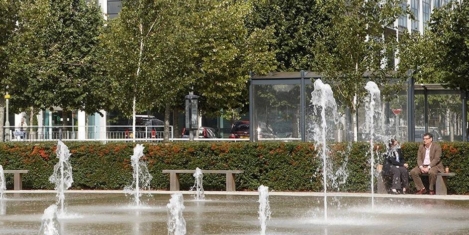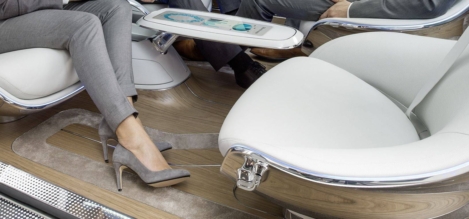April 10, 2017
Concerns mount as local government investment in commercial property hit £1.3 bn last year 0
 Fresh concerns have been raised about the levels of investment by the UK’s local authorities in commercial property. New figures published by CBRE suggest that councils spent around £1.3 billion on commercial property in 2016, most of it borrowed from a Central Government scheme not designed for that purpose. The news is certain to raise alarm across the UK and especially in Westminster. In November of last year, a report from the Public Accounts Committee warned that the increasing scale of commercial activity taken on by local authorities carried a high level of risk and that the council employees and councillors making decisions often lacked the skills and knowledge needed to take on such projects. At that time, the Government put the level of activity at around £1 billion. The fact that this figure is now significantly higher and mostly borrowed money is sure to increase concerns.
Fresh concerns have been raised about the levels of investment by the UK’s local authorities in commercial property. New figures published by CBRE suggest that councils spent around £1.3 billion on commercial property in 2016, most of it borrowed from a Central Government scheme not designed for that purpose. The news is certain to raise alarm across the UK and especially in Westminster. In November of last year, a report from the Public Accounts Committee warned that the increasing scale of commercial activity taken on by local authorities carried a high level of risk and that the council employees and councillors making decisions often lacked the skills and knowledge needed to take on such projects. At that time, the Government put the level of activity at around £1 billion. The fact that this figure is now significantly higher and mostly borrowed money is sure to increase concerns.




































